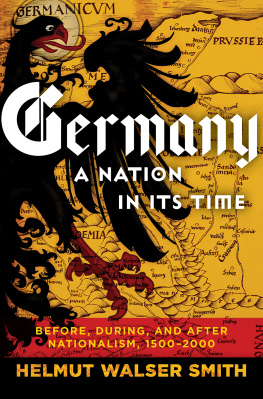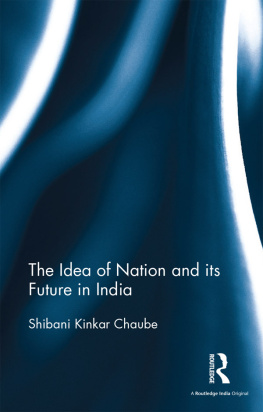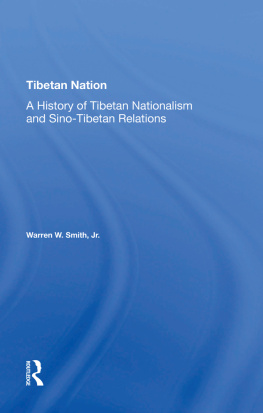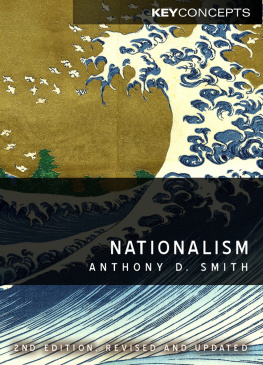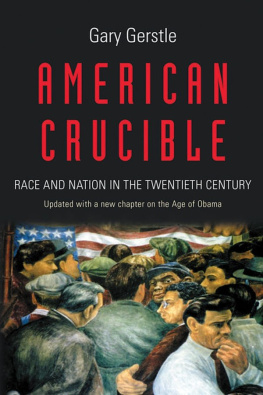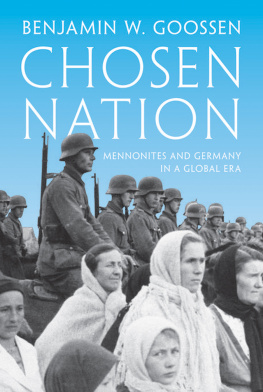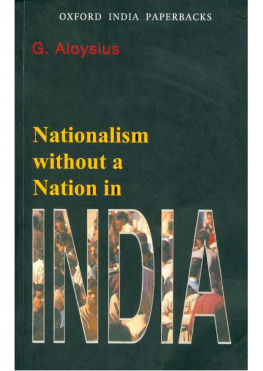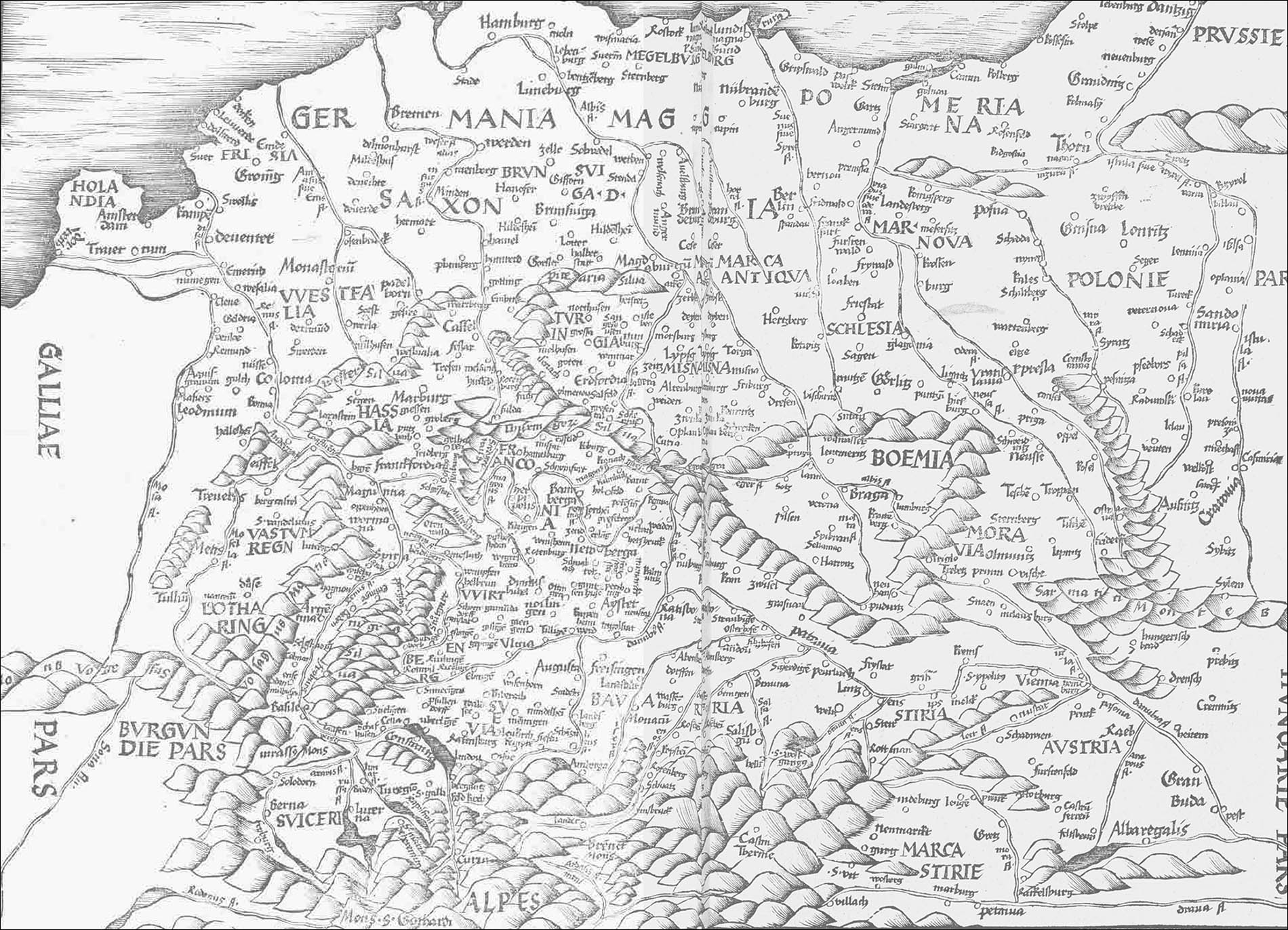Helmut Walser Smith - Germany: A Nation in Its Time: Before, During, and After Nationalism, 1500-2000
Here you can read online Helmut Walser Smith - Germany: A Nation in Its Time: Before, During, and After Nationalism, 1500-2000 full text of the book (entire story) in english for free. Download pdf and epub, get meaning, cover and reviews about this ebook. year: 2020, publisher: Liveright, genre: History. Description of the work, (preface) as well as reviews are available. Best literature library LitArk.com created for fans of good reading and offers a wide selection of genres:
Romance novel
Science fiction
Adventure
Detective
Science
History
Home and family
Prose
Art
Politics
Computer
Non-fiction
Religion
Business
Children
Humor
Choose a favorite category and find really read worthwhile books. Enjoy immersion in the world of imagination, feel the emotions of the characters or learn something new for yourself, make an fascinating discovery.
- Book:Germany: A Nation in Its Time: Before, During, and After Nationalism, 1500-2000
- Author:
- Publisher:Liveright
- Genre:
- Year:2020
- Rating:5 / 5
- Favourites:Add to favourites
- Your mark:
Germany: A Nation in Its Time: Before, During, and After Nationalism, 1500-2000: summary, description and annotation
We offer to read an annotation, description, summary or preface (depends on what the author of the book "Germany: A Nation in Its Time: Before, During, and After Nationalism, 1500-2000" wrote himself). If you haven't found the necessary information about the book — write in the comments, we will try to find it.
Smiths dramatic narrative begins with the earliest glimmers of a nation in the 1500s, when visionary mapmakers and adventuresome travelers struggled to delineate and define this embryonic nation. Contrary to widespread perception, the people who first described Germany were pacific in temperament, and the pernicious ideology of German nationalism would only enter into the nations history centuries later. Tracing the significant tension between the idea of the nation and the ideology of its nationalism, Smith shows a nation constantly reinventing itself and explains how radical nationalism ultimately turned Germany into a genocidal nation.
Smiths aim, then, is nothing less than to redefine our understanding of Germany: Is it essentially a bellicose nation that murdered over six million people? Or a pacific, twenty-first-century model of tolerant democracy? And was it inevitable that the land that produced Goethe and Schiller, Heinrich Heine and Kthe Kollwitz, would also carry out genocide on an unprecedented scale?
Combining poignant prose with an historians rigor, Smith recreates the national euphoria that accompanied the beginning of World War I, followed by the existential despair caused by Germanys shattering defeat. This psychic devastation would simultaneously produce both the modernist glories of the Bauhaus and the meteoric rise of the Nazi party.
Nowhere is Smiths mastery on greater display than in his chapter on the Holocaust, which looks at the killing not only through the tragedies of Western Europe but, significantly, also through the lens of the rural hamlets and ghettos of Poland and Eastern Europe, where more than 80% of all the Jews murdered originated. He thus broadens the extent of culpability well beyond the high echelons of Hitlers circle all the way to the local level. Throughout its pages, Germany also examines the indispensable yet overlooked role played by German women throughout the nations history, highlighting great artists and revolutionaries, and the horrific, rarely acknowledged violence that war wrought on women.
Richly illustrated, with original maps created by the author, Germany: A Nation in Its Time is a sweeping account that does nothing less than redefine our understanding of Germany for the twenty-first century.
Helmut Walser Smith: author's other books
Who wrote Germany: A Nation in Its Time: Before, During, and After Nationalism, 1500-2000? Find out the surname, the name of the author of the book and a list of all author's works by series.

